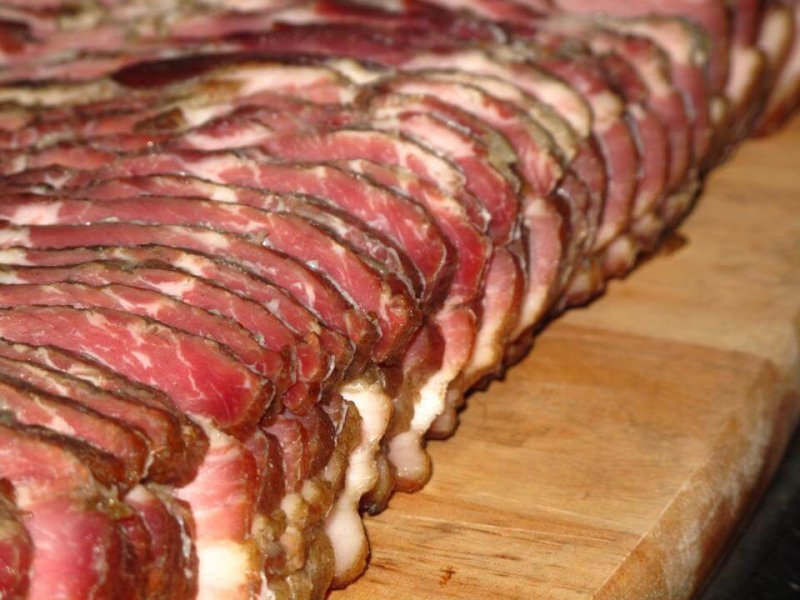The GLP aggregated and excerpted this blog/article to reflect the diversity of news, opinion and analysis.
Over four decades, a WHO research agency [IARC] has assessed 989 substances and activities…only one was “probably not” likely to cause cancer in humans. It was an ingredient in nylon used in stretchy yoga pants and toothbrush bristles…
Last October, it ranked processed meats in its top category of known carcinogens, alongside plutonium.
The findings have caused consternation, not least for non-scientists puzzled by what IARC’s rankings mean…
…Bob Tarone, a … Biostatistics Director at the International Epidemiology Institute…: “It’s not good for science, it’s not good for regulatory agencies. And for people? Well, they are just being confused.”
…
The agency is currently embroiled in an acrimonious dispute with the European Food Safety Authority (EFSA) over glyphosate, an ingredient of widely-used pesticides. IARC says glyphosate is “probably carcinogenic.” EFSA says it isn’t. The glyphosate row has thrown up concerns about potential conflicts of interest at IARC…
“It appears that IARC handles conflicts of interest differently depending on who the person is and which ‘side’ he is assumed to represent,” [Anders] Ahlbom, [a senior professor at the Karolinska Institute in Sweden told Reuters.]
…
IARC said, for example, that for each 50 gram piece of processed meat eaten daily, the risk of a person developing colon cancer increases by 18 percent. The observer who spoke to Reuters said these data appeared “to come from nowhere, overnight.”
The observer said: “I expected that the science would be reviewed with a high level of rigor. But quite frankly, at the end of the 10 days, from a scientific standpoint I was really quite shocked.”
Read full, original post: Special Report: How the World Health Organization’s cancer agency confuses consumers































